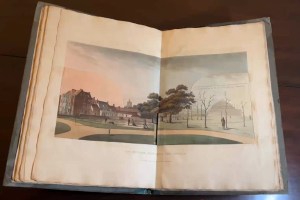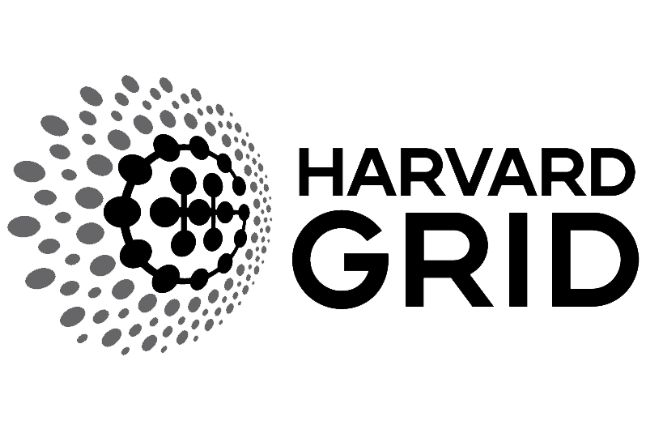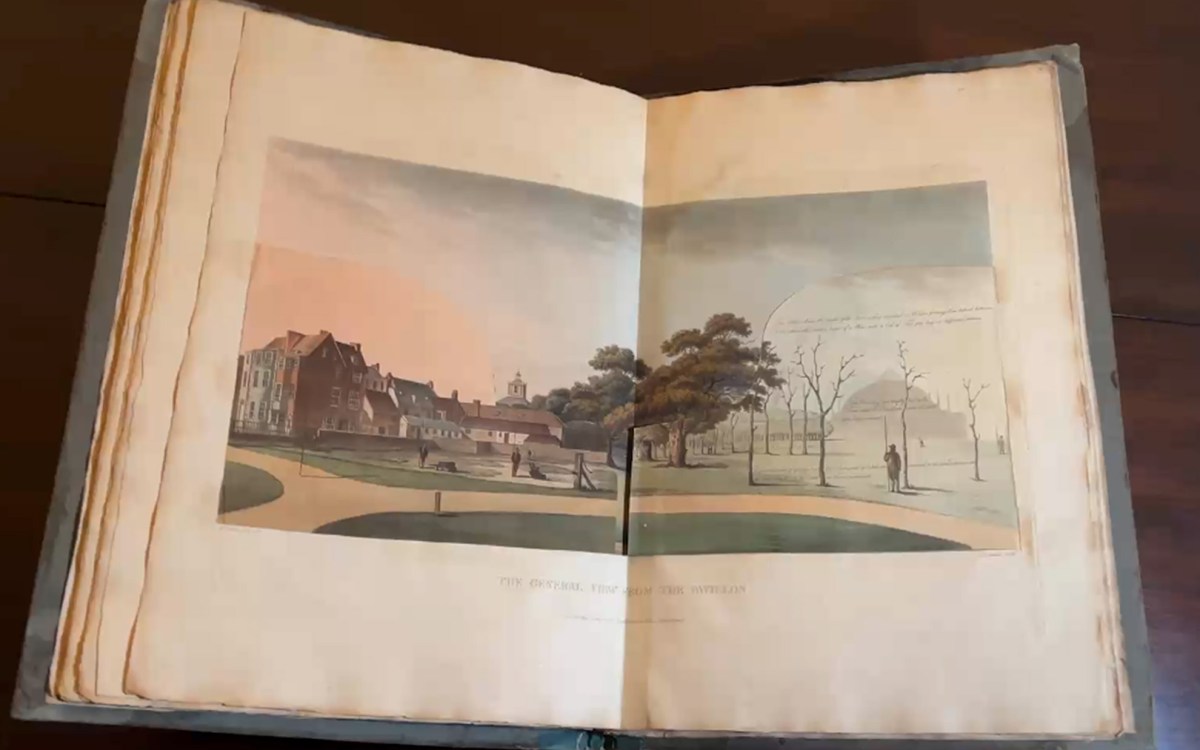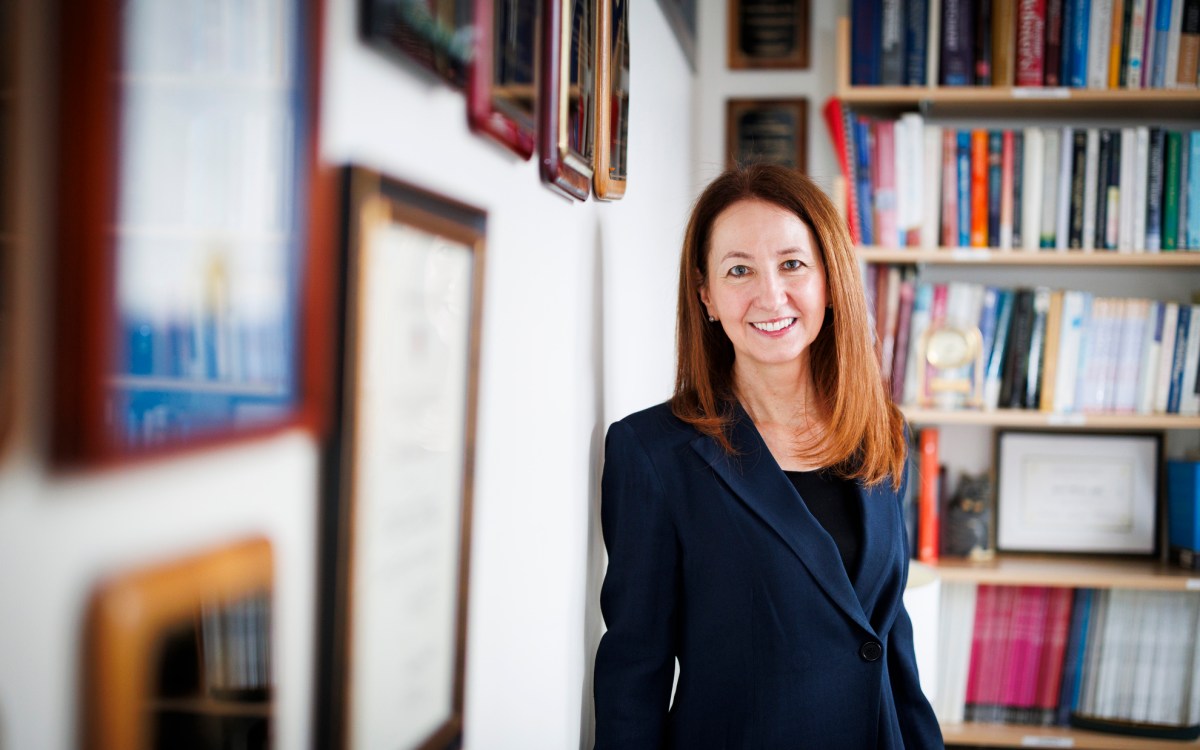In its inaugural Grid Fellowship cohort, Harvard Grid will support two postdoctoral fellows at the Harvard John A. Paulson School of Engineering and Applied Sciences (SEAS) in a year-long translation immersion program. The Grid Fellowship is designed to train the next generation of technology leaders to solve big problems through science and technology innovations.
Harvard Grid is a collaboration between SEAS and Harvard’s Office of Technology Development (OTD) to advance academic research in engineering and the physical sciences toward commercial impact through startups. The Grid Fellowship supports early career scientists in project de-risking, business model development, and startup formation.
“Whether leading a startup, advancing academia, or steering a global tech enterprise, mastering the skills to assess and navigate rapidly changing landscapes of early-stage tech ventures is crucial for innovation-driven leadership,” said Paul Hayre, executive director of Harvard Grid. “The Grid Fellowship empowers passionate innovators in engineering and science to transform groundbreaking research and technologies while honing their entrepreneurial mindset.”
The inaugural fellow cohort includes Keith Powell, a postdoctoral fellow in the lab of Marko Loncar, the Tiantsai Lin Professor of Electrical Engineering at SEAS, and Santiago Canete, a joint postdoctoral fellow in the labs of Conor Walsh, Paul A. Maeder Professor of Engineering and Applied Sciences, and Patrick Slade, assistant professor of bioengineering at SEAS.
Powell is working on the next generation of high-speed, low-power electro-optic devices. In the Loncar lab, he is helping develop lithium tantalate electro-optic modulators to deliver ultra-fast data rates with significantly reduced power consumption. During his year as a Grid Fellow, he will lead de-risking experimentation in the lab and build a commercial plan to develop, test, and pilot novel photonic materials and circuits.
In both the Harvard Biodesign and Ability Labs, Canete leads the development of an ankle exoskeleton that is designed to help stroke survivors “re-learn” the ability to walk. The goal of the device is to allow stroke survivors to regain their independence and restore their ability to walk in their own communities while improving gait quality, endurance, and speed. The device will be self-learning, personalizing assistance to maximize mobility improvement.
Over the course of the year, Canete and Powell will prototype useful products, navigate intellectual property, develop business models, design and build teams, obtain funding, engage customers, suppliers, and partners, and more. They will be supported by a cast of experienced tech leaders including market and technical experts, investors, other entrepreneurs, OTD directors of business development, and more. Each will establish a board of advisers to guide each of them along the way to ensure their models and ideas have robust lift at the end of the fellowship.
More information about the Grid Fellowship can be found here.





